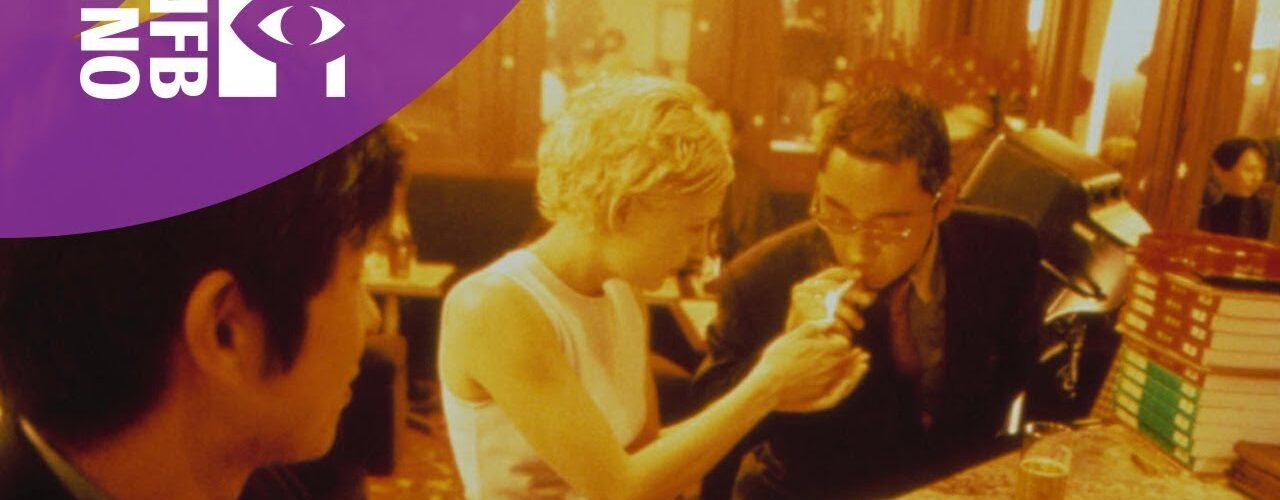In her documentary “Tokyo Girls,” Director Penelope Buitenhuis delves into the complex world of Tokyo hostesses, following the lives of four women working in this enigmatic profession. The film navigates the emotional and moral ambiguities of their experiences, revealing a blend of complexity and complicity.
Initially, Buitenhuis presents the hostess profession as a modern, more economical iteration of Geisha culture, offering women a path to financial independence. Through interviews, the hostesses describe their roles as easy, entertaining, and rewarding, painting a picture of an ideal career.
However, the narrative soon darkens. The glamorous facade fades as the hostesses share their nightmarish experiences. Their once-dreamy job transforms into a confusing and unsettling twilight zone, where nothing is as straightforward as it seemed.
As the film progresses towards an uneasy conclusion, Buitenhuis shifts focus to the men’s perspective. These men view their visits to hostess clubs as crucial for business success, describing their expenditures as investments. The tone becomes more sarcastic, and the imagery darker, implying a more sinister reality.
Despite the director’s portrayal of exploitation by the wealthy, the film notes that these women have willingly entered this controversial industry. “Tokyo Girls” is a provocative documentary that evokes mixed emotions, ultimately leaving even the faintest hope of a positive resolution blurred.





Add comment